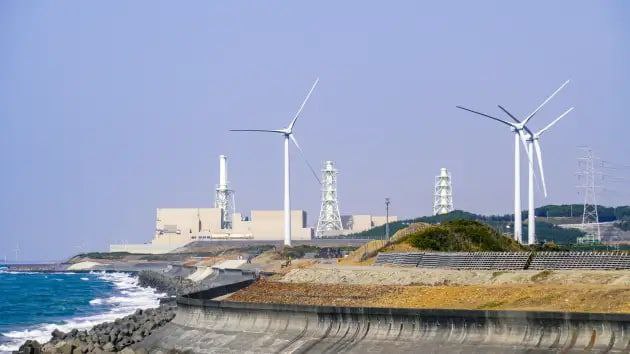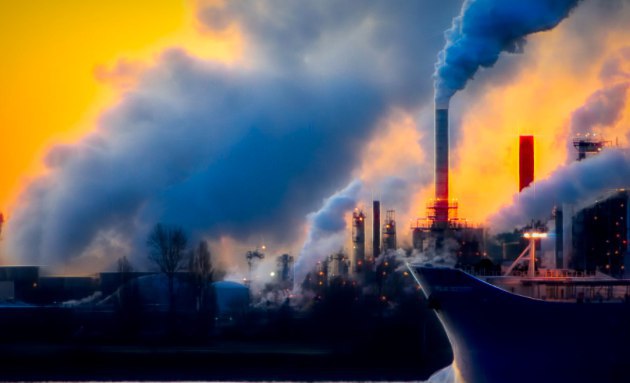Moscow’s Battle with Energy Weapons
Moscow’s battle with energy weapons is a report on the European energy crisis. One of the main consequences of Russia’s invasion of Ukraine is the sharp increase in energy prices. What initially seemed like a purely economic issue and concern quickly turned into a multi-layered energy crisis that has involved the entire society and is even shifting the geopolitical balance. Russian gas and oil, on which many countries still depend, have become a weapon in Putin’s hands. Meanwhile, European countries that have imposed sanctions on Moscow are seeking new energy suppliers in Asia and the Middle East and are designing a new geo-economic game.
Not Just Gas: Inflation and Instability
Citizens, companies, and institutions were forced to adjust their budgets to the sudden increase in electricity costs, which in turn has caused inflation to rise to its highest historical level in several decades. Additionally, rising prices could expose many developing countries to the risk of a serious food crisis.
Will inflation cause instability in some of the world’s warm regions like the Middle East and North Africa? What will happen to the energy transition, and can governments accelerate the replacement of renewable energies, or is there a possibility of reverting to fossil fuels like coal?
Considering that most Middle Eastern and North African countries lack the necessary infrastructure and facilities to produce and utilize renewable energies, and also the return to high-pollution fossil fuels like coal, which contradicts sustainable development and environmental policies, this wave of rising energy prices in many countries with weak and less developed economies could lead to a major disaster.
How Will Europe’s Gas Winter Be?
Five to ten terrible winters—this is the prediction of Belgium’s energy minister, Tinne Van der Straeten, regarding how far energy prices in Europe could continue to rise. She called for gas price control at the European Union level and added that the time for negotiation is over and now is the time to make decisions. According to her, the current situation is no longer bearable for many families and companies. Governments must take immediate measures to reduce household energy costs because many families are struggling to meet their living expenses.
Moreover, given that the invasion of Ukraine has entered its seventh month and in the absence of a negotiated solution, the number of harsh winters mentioned by Belgium’s energy minister does not seem unlikely, especially if the reduction in Russian gas supply continues at today’s level or even worsens.
Since June, the supply of Russian gas to the European Union has decreased by 70% compared to the pre-crisis period. This means that Europe needs to find new alternatives for almost one-third of its total gas resources. This is precisely why the price of methane today is about 300 euros per megawatt-hour, which is 15 times higher than last year. Therefore, the discussion is not about facing five winters in an uncertain future, but about the winter that is approaching. The European Union has managed to reach its pre-set goal for October with about 79% energy storage today.
However, this figure hides a worrying reality, which is that the stored gas is only sufficient for 20% of Germany’s or Italy’s consumption and to a lesser extent for Poland (15%) and Bulgaria (10%). These are countries that designed the ‘without Russian gas’ project in May and decided to fully implement it.

Deadlock
Therefore, governments are facing a prospect where there is no better way than gas rationing to reduce consumption in winter. Even Italy, despite having more diverse energy suppliers than other European countries, is not immune to this. If Germany and Northern European countries need more gas from Norway, which currently supplies 13% of Italy’s demand alone, the possibility of reduced or no gas supply to Italy seems feasible.
Meanwhile, citizens have asked governments for help in paying their bills, which have more than doubled, and in response, European governments have pledged to allocate 280 billion euros to resolve this crisis. This is even more than the additional 210 billion euros the European Commission invested with the aim of completely cutting its dependence on Russian energy sources by 2027 and accelerating the transition to clean resources.
Some experts believe that allocating this budget to help reduce bill costs could be a contradictory signal, meaning that reducing bill costs could in turn support consumption and increase energy consumption, which inherently conflicts with the common goal of countries supporting the ‘without Russian gas’ project.

